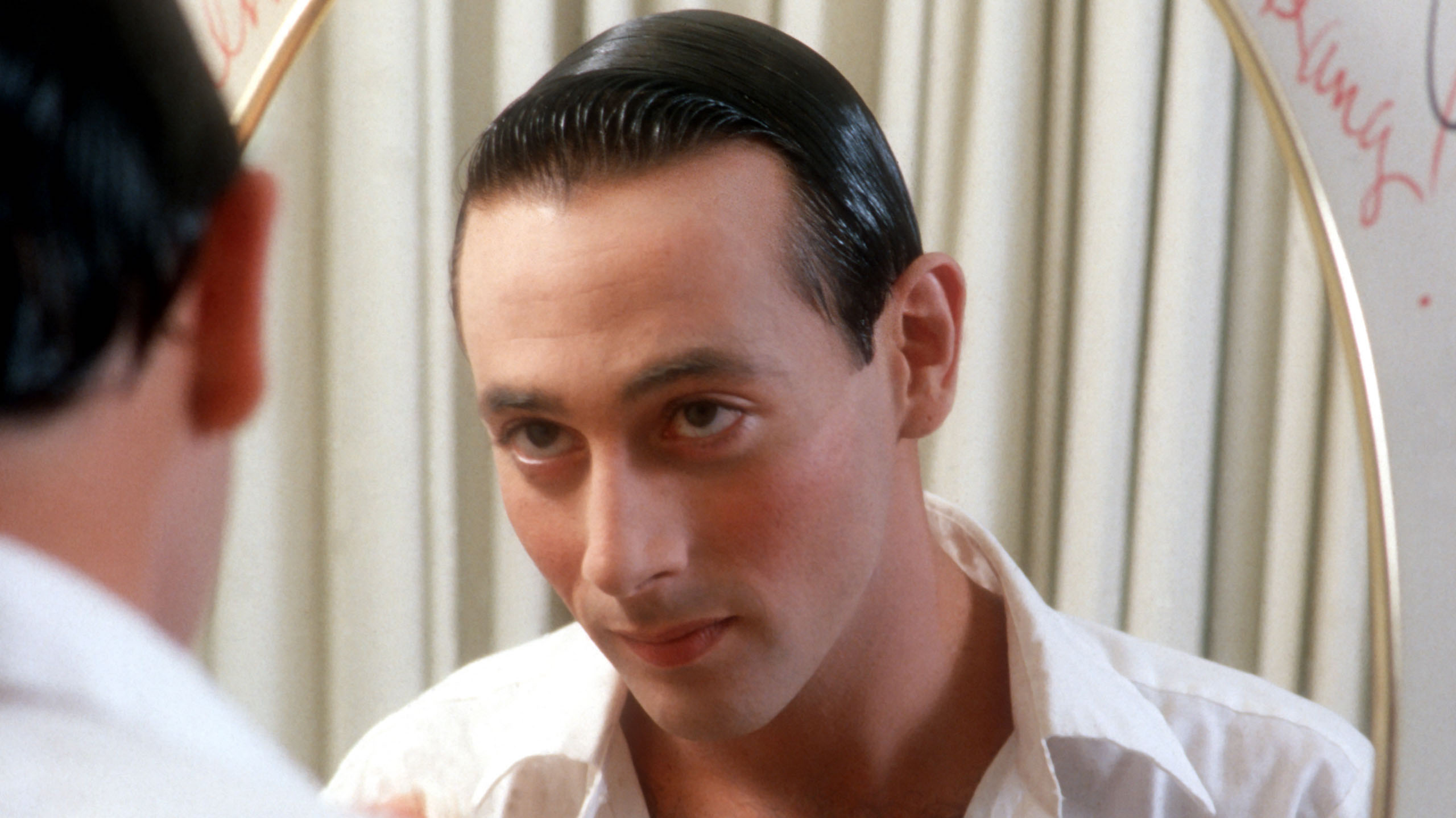On January 20, after native rights activist Leonard Peltier had spent nearly 50 years in prison, President Biden granted him clemency. The news came just a week before a new film about the case, Jesse Short Bull and David France’s Free Leonard Peltier, was scheduled to premiere at the Sundance Film Festival. This is an unusually overt example of how documentaries can speak to the present moment.
Several other nonfiction works playing at the festival are similarly timely. Amber Fares’s Coexistence, My Ass! is a profile of Israeli comedian and peace activist Noam Shuster Eliassi. Fares continually shifted focus throughout filming, first due to the COVID-19 lockdown and then because of the October 7th attack and Israel’s subsequent genocidal campaign in Gaza. If it had continued production just a few months longer, it would have been able to incorporate the recently announced ceasefire; such are the vagaries of documenting ongoing events. Ukrainian journalist and filmmaker Mstyslav Chernov premiered 20 Days in Mariupol, a first-person look at the early days of the Russian invasion, at Sundance 2023, less than a year after the invasion commenced. Now he returns to the festival with 2000 Meters to Andriivka, examining how one protracted battle within a small Ukrainian town seems to stand in for the apparent intractability of the broader war.
On the other side of that conflict, David Borenstein’s Mr. Nobody Against Putin follows a Russian primary school teacher alarmed by the nationalism, militarism, and propaganda surging around him. As an act of resistance, he takes it upon himself to secretly film how his school attempts to indoctrinate his students. How to Build a Library, directed by Maia Lekow and Christopher King, tackles a different kind of resistance. The film follows two women in Nairobi through the long process of transforming what had been a Whites-only library in the colonial period into a space that can better serve their community; the relationship between people and the land is also the subject of Brittany Shyne’s Seeds, a look at generationally owned Black farms in the US South.

As with every Sundance, there’s also a robust roster of docs about artists. Mija (2022) director Isabel Castro explores the enduring legacy of Tejano singer Selena Quintanilla, still beloved almost 30 years after her murder, in Selena y Los Dinos. In Marlee Matlin: Not Alone Anymore, deaf actor turned writer/director Shoshannah Stern pays tribute to Matlin, who broke ground at age 21 as the first deaf performer to win an Academy Award, and has been grappling with the ensuing attention and pressure ever since. And in the HBO two-part miniseries Pee-wee as Himself (produced by modern indie film titans the Safdie brothers), Matt Wolf (2020’s Spaceship Earth) surveys the life, career, and influence of actor and comedian Paul Reubens, best known as the slightly deranged kids’ show host Pee-wee Herman.
Pee-wee as Himself also revisits how the media treated Reubens after he was arrested for patronizing an adult film theater in the 1990s. David Osit reevaluates a different cultural event in Predators, which analyzes the To Catch a Predator phenomenon and its lasting influence on crime reporting and social media. It’s a terrific example of how documentaries, though often prized for their timeliness, can be just as vital when prompting viewers to consider the past and how it informs our present contexts. Amid an uncertain political climate, that’s a valuable resource.

The Sundance Film Festival 2025 takes place January 23 to February 2.

